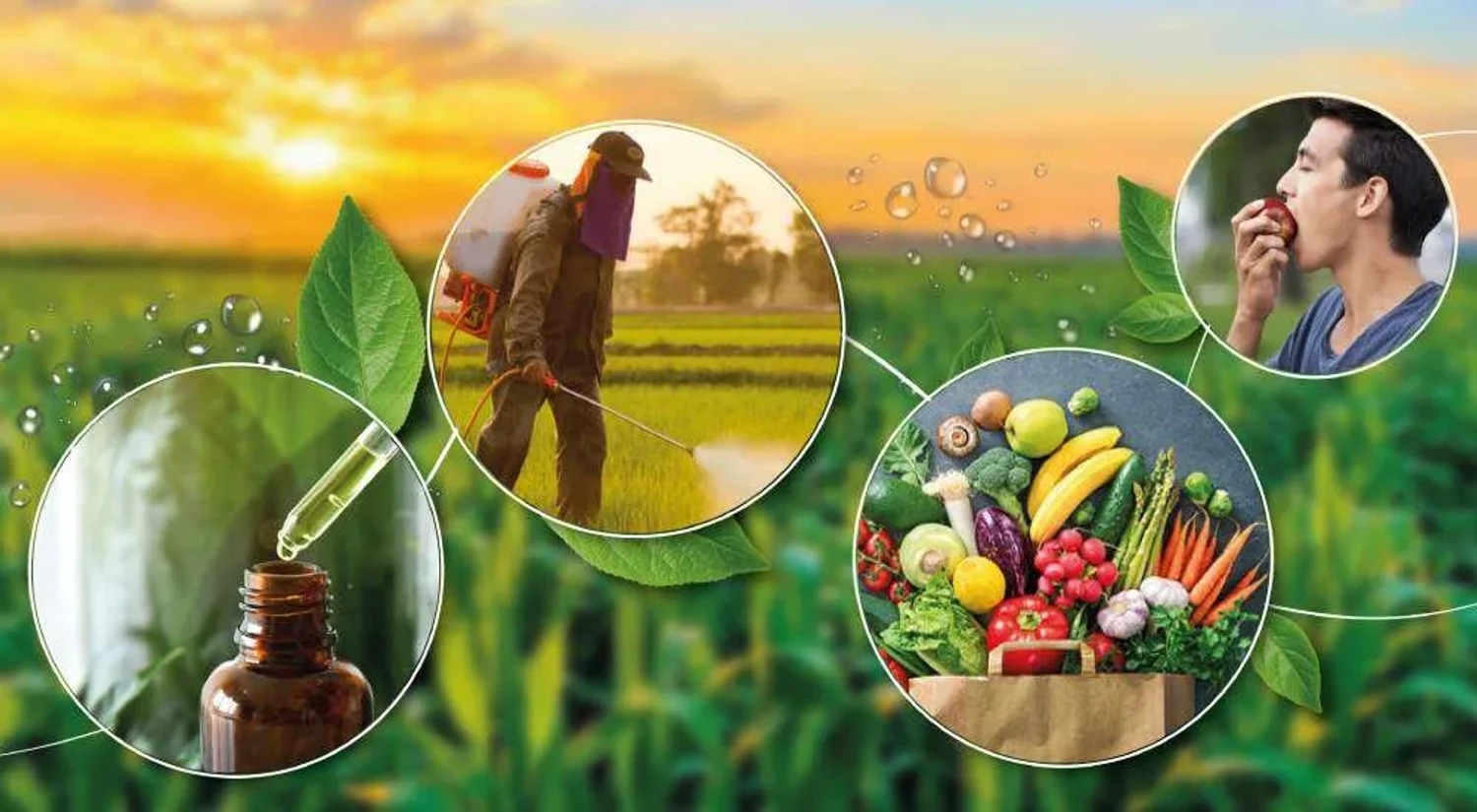News
Biopesticide
13 August 2025

The biggest problem faced by Maldivian farmers and home gardeners is the unknown diseases affecting plants and the destruction of crops due to various pests. As a result, with the introduction of chemical pesticides to the Maldives, different types of pesticides have become popular among farmers. Consequently, chemical pesticides are being used extensively in agricultural islands.
The excessive use of pesticides leads to negative impacts on the environment and humans due to the toxic chemical substances they contain. Sometimes, vegetables and fruits from chemically treated plants are consumed before the effects wear off. This is very dangerous. Additionally, due to long-term application of chemicals to fields, high levels of these substances accumulate in the soil. The fruits or vegetables grown in such soil contain residual effects (chemical residues). This is something we need to seriously consider. Furthermore, the chemical substances that settle in the soil seep into the ground, contaminating the water table in some islands. People who use this contaminated water may develop skin diseases, eye problems, and various other illnesses.
Various parties are exploring environmentally friendly, less harmful pesticides and methods to control plant diseases and pests. Natural enemies and biopesticides are being used for this purpose. Efforts are ongoing to raise awareness about this issue. There are some biopesticides that can be easily prepared using commonly available materials in the Maldives. By preparing and using such pesticides, the cost of cultivation can be reduced, and healthy food and gardens can be maintained without harming health.
Generally, plants with bitter taste, strong odor, or milky sap can be used to make biopesticides. The various organic compounds/enzymes present in these plants help eliminate pests and germs. Organic compounds usually do not contain any toxins, or the toxin levels are so low that harm to humans is rare.